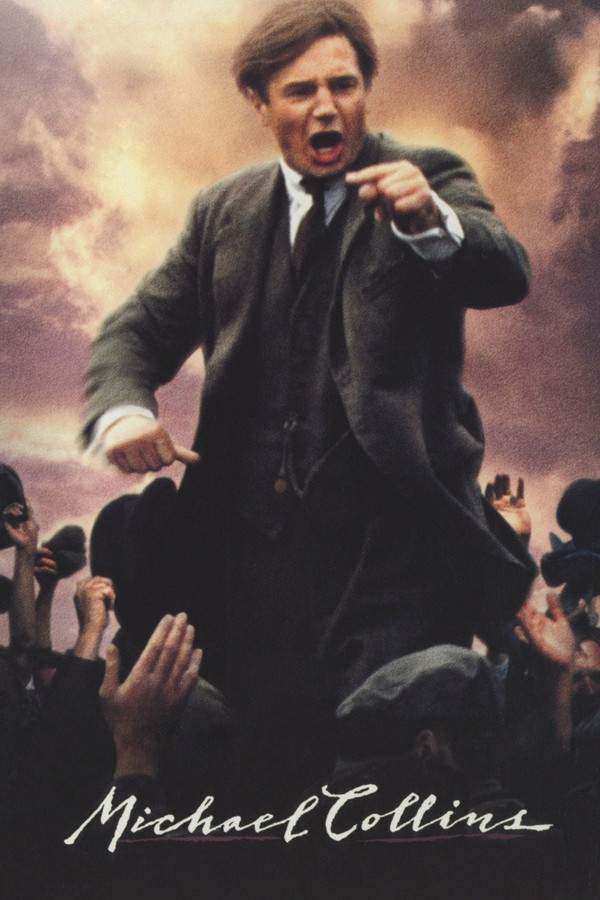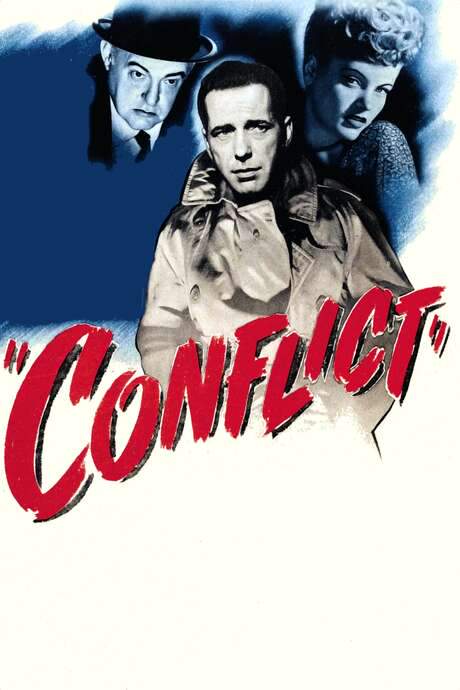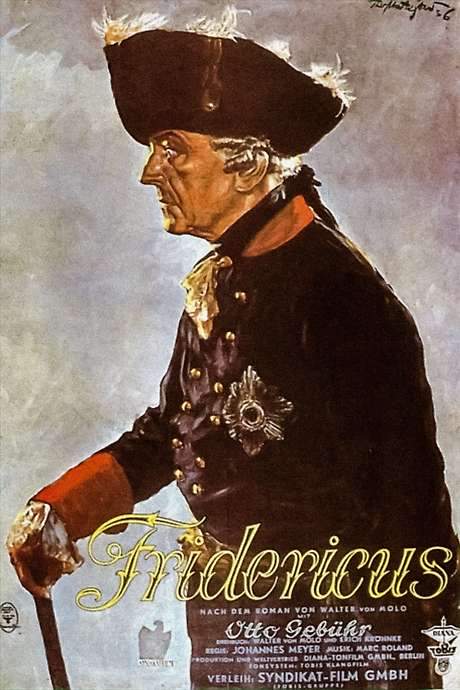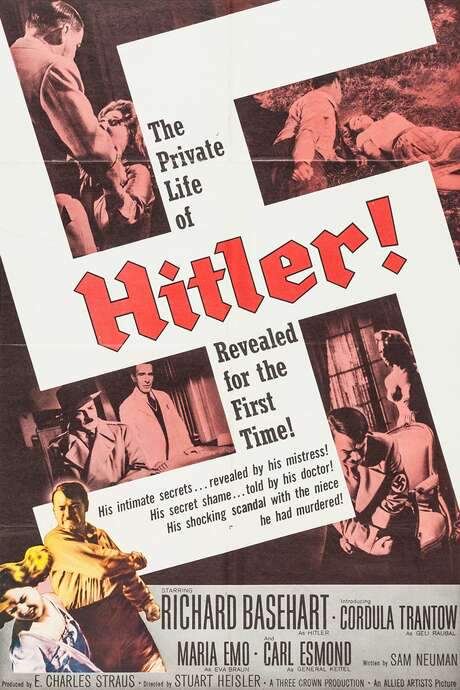
Carl Peters
Year: 1941
Runtime: 110 mins
Language: German
Director: Herbert Selpin
A National‑Socialist propaganda film that venerates German philologist Carl Peters, an early proponent of colonialism. Set in the late 1900s, it follows his lone struggle against the English in East Africa, his appointment as Reichskommissar, and his vigorous push for German expansion. Ultimately, Jewish and Social‑Democrat opponents compel his recall to Germany and force his resignation.
Warning: spoilers below!
Haven’t seen Carl Peters yet? This summary contains major spoilers. Bookmark the page, watch the movie, and come back for the full breakdown. If you're ready, scroll on and relive the story!
Carl Peters (1941) – Full Plot Summary & Ending Explained
Read the complete plot breakdown of Carl Peters (1941), including all key story events, major twists, and the ending explained in detail. Discover what really happened—and what it all means.
In London, 1892, members of the British civil service convene in a club to debate the future of Carl Peters, who has just crossed the English Channel with intelligence officers. They wonder whether to stop him before he tries to lay the groundwork to strengthen the German footprint in East Africa. The conversation hints at a larger struggle between rival imperial powers, one that could shift the balance of colonial influence on the continent.
Back in Germany, Peters returns home to rally support, but his exploratory projects are met with little enthusiasm. He travels out on his own toward Africa, landing first in Zanzibar, where he presses the German consulate to back his cause and outlines a plan to establish a colony that would become a protectorate of the empire. The plan provokes skepticism not only from rivals abroad but also from officials at home, and even the British Consul watches the developments with caution, unsure of how far Peters’s ambitions will go. Throughout this phase, the goal remains clear: to secure a foothold in the region before others do.
In his diplomacy, Peters negotiates commercial treaties with local tribal leaders, aiming to outpace British and Belgian rivals in sealing favorable terms. The negotiations are as much a test of political nerve as they are of counting on favorable lines on a map, and Peters presses ahead despite the obstacles in both the jungle and the office. The expedition is a test of endurance as well as strategy, with danger lurking in the form of diseases that threaten his life and, at times, even attempts on his safety from those who would rather see his project fail.
After a perilous stretch, a letter arrives from Kaiser Wilhelm I, promising protection for the colony and lending official weight to his mission. The message shifts the tone of the campaign, giving Peters renewed confidence as he presses forward into the African interior. Yet the path remains fraught with peril, and the practicalities of imperial policy collide with the realities of on-the-ground exploration.
Back in Africa, Peters encounters not only external threats from competing powers but also internal friction within Berlin’s power structure. The director of the Colonial Department of the German Foreign Office—a man whose views shape the course of Peters’s enterprise—appears as a formidable obstacle, adding a layer of bureaucratic tension to an already perilous venture. Peters manages to navigate these dangers for a time, but tragedy strikes when his friend Karl Ludwig Jühlke falls victim to the hostile conditions and politics surrounding the expedition.
As Berlin absorbs the news of shifting leadership—Chancellor Bismarck’s resignation looms over the political landscape—Peters is named Reichskommissar (Commissioner of Colonies), a title that places him in direct accountability to the Reichstag and to the fierce scrutiny of domestic critics. In the heat of debate, a witness who steps forward in his favor—a black Anglican Bishop—offers a compelling defense, lending moral weight to Peters’s cause and complicating the political narrative around his methods and goals.
Nevertheless, the pressure of public and parliamentary judgment intensifies. The SPD and other opponents sharpens their rhetoric, accusing brutalities tied to the colonial project, and Peters finds himself forced to resign under the weight of political controversy. The tale closes with a somber note on the collision between ambition, imperial policy, and the limits of power in a rapidly changing world.
Last Updated: October 09, 2025 at 11:15
Explore Movie Threads
Discover curated groups of movies connected by mood, themes, and story style. Browse collections built around emotion, atmosphere, and narrative focus to easily find films that match what you feel like watching right now.
Movies about tragic ambition like Carl Peters
Stories of obsessive figures whose relentless pursuit leads to political and personal ruin.If you were captivated by the driven yet doomed journey in Carl Peters, explore other movies about ambitious figures whose grand pursuits end in tragedy. These similar historical dramas and political stories feature intense characters facing downfall due to ideological conflict and fierce opposition.
Narrative Summary
The narrative typically follows a linear rise-and-fall structure. A determined protagonist achieves initial success through sheer force of will, but their ambition blinds them to growing resistance. The climax is not a victory but a protracted defeat, often orchestrated by political enemies or systemic forces, leading to a somber conclusion that reflects on the cost of such zeal.
Why These Movies?
Movies are grouped here because they share a core narrative of ambition clashing with reality, resulting in a heavy, sad ending. They feature morally complex or controversial central figures, a tense atmosphere of struggle, and a focus on the psychological and political consequences of unwavering determination.
Grim political struggle movies like Carl Peters
Tense dramas where individuals are worn down by bureaucratic opposition and ideological conflict.Fans of the tense political friction and bureaucratic opposition in Carl Peters will find more movies like it here. Discover similar grim dramas about isolated figures battling systems, featuring steady pacing, heavy emotional weight, and a focus on survival within hostile political landscapes.
Narrative Summary
The plot centers on a struggle for power or ideology within a rigid system. The protagonist often operates in isolation, facing enemies both overt and hidden. The conflict is less about physical action and more about diplomatic maneuvering, backroom deals, and psychological warfare, steadily escalating the tension towards an inevitable, disillusioning outcome.
Why These Movies?
These films share a specific mood: a tense, grim atmosphere fueled by political intrigue and the protagonist's isolation. They typically have a steady pacing that builds unease, a medium-to-high intensity from constant underlying threat, and a heavy emotional weight derived from witnessing a determined individual being systematically broken down.
Unlock the Full Story of Carl Peters
Don't stop at just watching — explore Carl Peters in full detail. From the complete plot summary and scene-by-scene timeline to character breakdowns, thematic analysis, and a deep dive into the ending — every page helps you truly understand what Carl Peters is all about. Plus, discover what's next after the movie.
Carl Peters Timeline
Track the full timeline of Carl Peters with every major event arranged chronologically. Perfect for decoding non-linear storytelling, flashbacks, or parallel narratives with a clear scene-by-scene breakdown.

Characters, Settings & Themes in Carl Peters
Discover the characters, locations, and core themes that shape Carl Peters. Get insights into symbolic elements, setting significance, and deeper narrative meaning — ideal for thematic analysis and movie breakdowns.

Carl Peters Spoiler-Free Summary
Get a quick, spoiler-free overview of Carl Peters that covers the main plot points and key details without revealing any major twists or spoilers. Perfect for those who want to know what to expect before diving in.

More About Carl Peters
Visit What's After the Movie to explore more about Carl Peters: box office results, cast and crew info, production details, post-credit scenes, and external links — all in one place for movie fans and researchers.

Similar Movies to Carl Peters
Discover movies like Carl Peters that share similar genres, themes, and storytelling elements. Whether you’re drawn to the atmosphere, character arcs, or plot structure, these curated recommendations will help you explore more films you’ll love.
Explore More About Movie Carl Peters
Carl Peters (1941) Scene-by-Scene Movie Timeline
Carl Peters (1941) Movie Characters, Themes & Settings
Carl Peters (1941) Spoiler-Free Summary & Key Flow
Movies Like Carl Peters – Similar Titles You’ll Enjoy
Carl Laemmle (2019) Story Summary & Characters
Our Nazi (1984) Movie Recap & Themes
Peter von Scholten (1987) Spoiler-Packed Plot Recap
Hitler: Beast of Berlin (1939) Plot Summary & Ending Explained
Plan for Destruction (1943) Full Movie Breakdown
Hitler: A Film from Germany (1977) Film Overview & Timeline
Karl May (1974) Complete Plot Breakdown
Fridericus (1937) Plot Summary & Ending Explained
Führer and Seducer (2024) Movie Recap & Themes
Uncle Krüger (1941) Full Movie Breakdown
The Germans (1000) Complete Plot Breakdown
Der Herr Karl (1961) Complete Plot Breakdown
Hans Westmar (1933) Ending Explained & Film Insights
The Enemy (1927) Ending Explained & Film Insights
Hitler (1962) Full Summary & Key Details












































